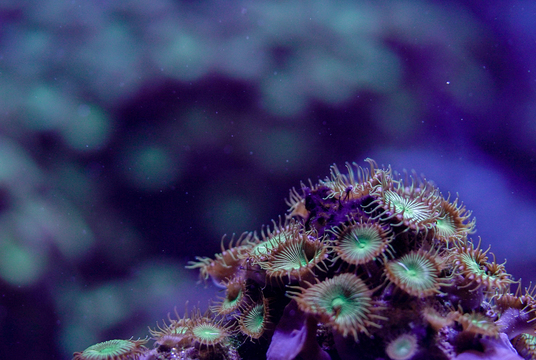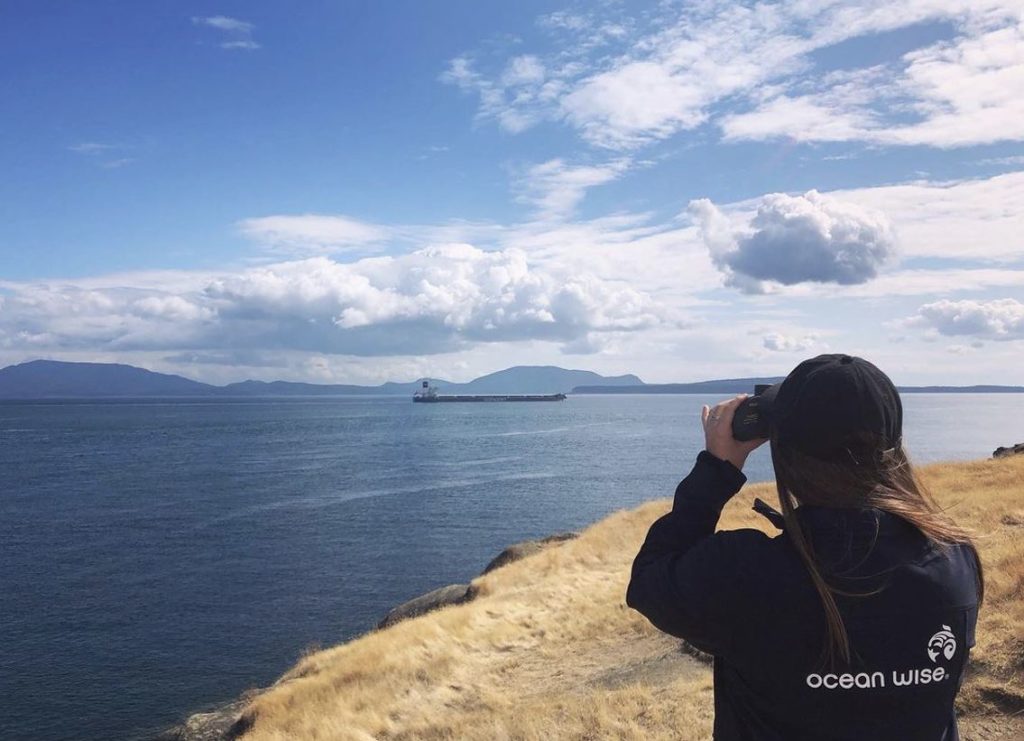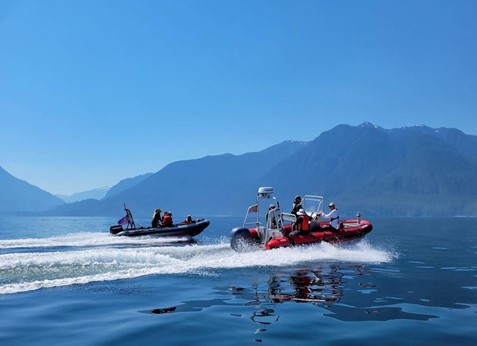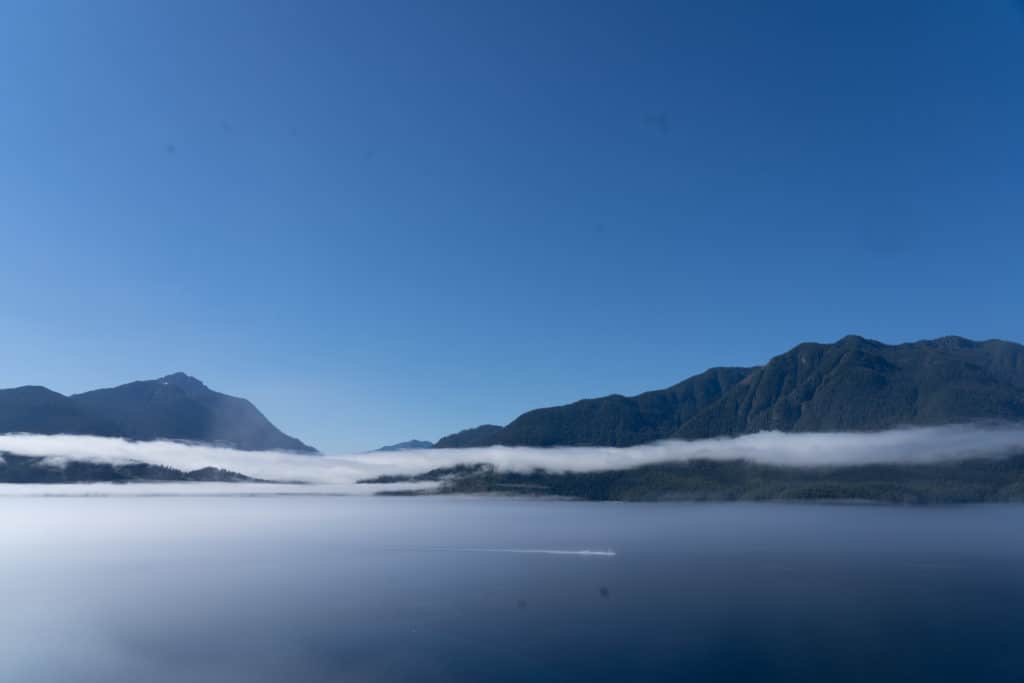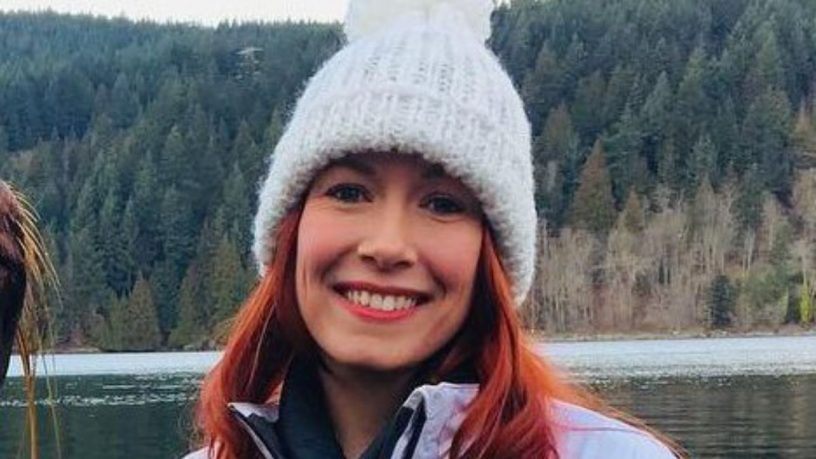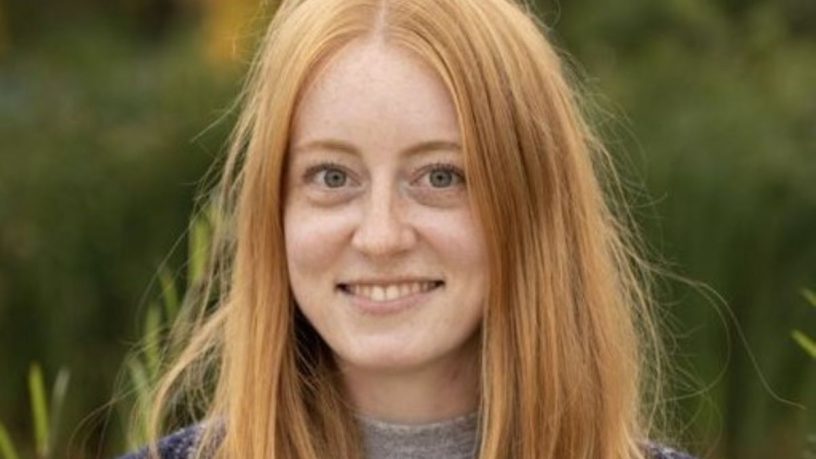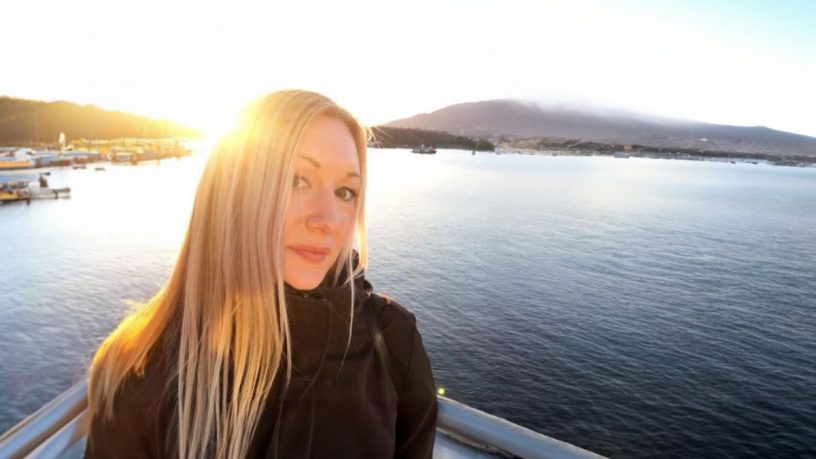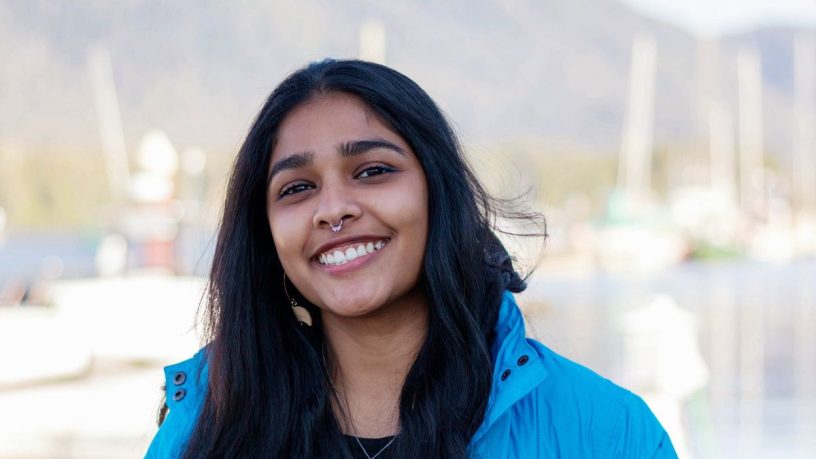
Online lecture series honours 25th annual Ocean Award winners
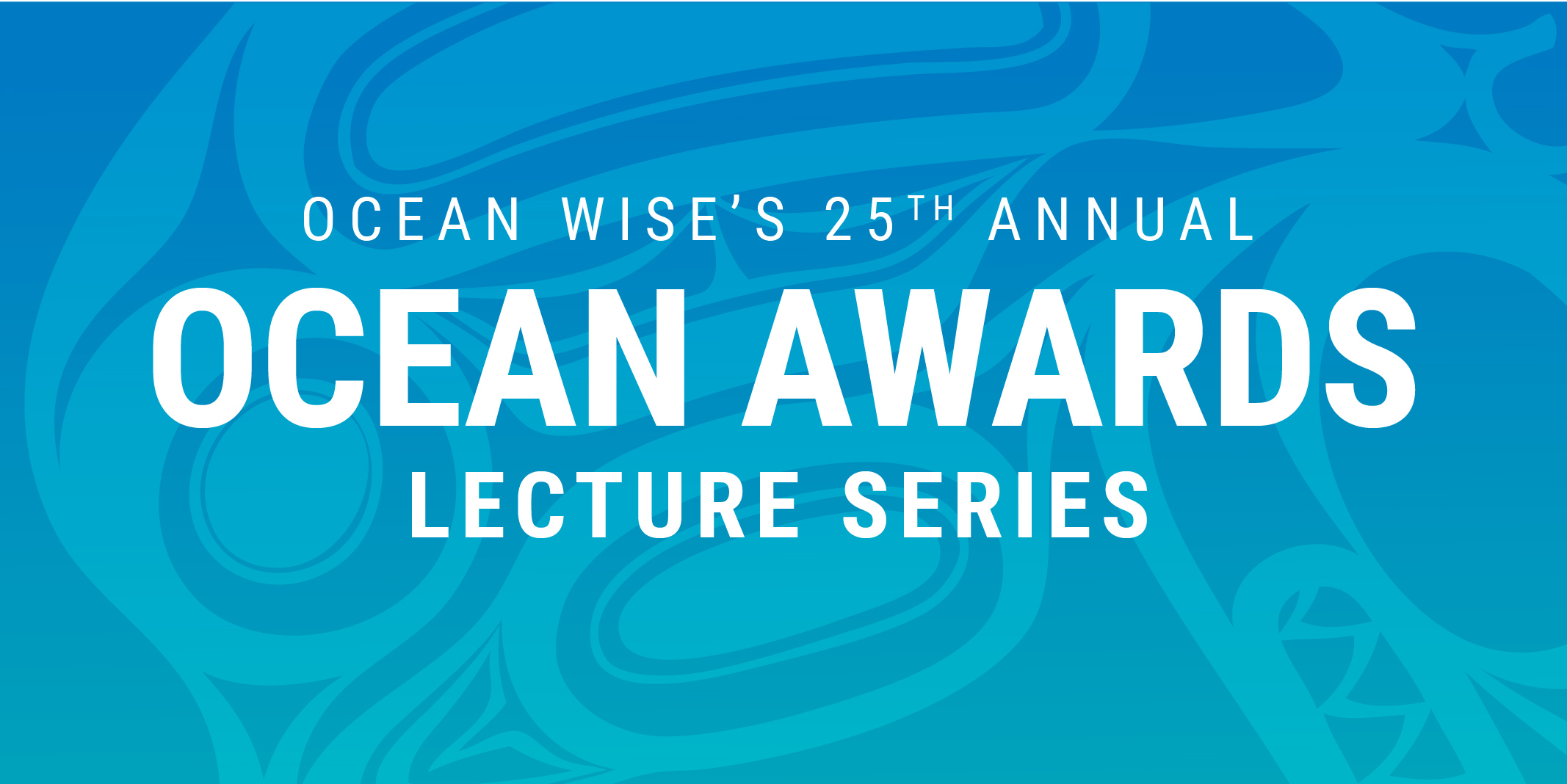
Between September 24 and October 29, the 25th annual Ocean Award winners take to the virtual stage to talk about their ocean conservation work.
The annual Ocean Awards, presented by Ocean Wise Research Institute, honour individuals and organizations for their highly significant contributions to ocean conservation through research, communications and thought leadership.
In June we recognized the winners of the 25th annual Ocean Awards in a modified online celebration due to COVID-19 with a keynote presentation given by Dr. David Suzuki, winner of the North Medal.
The celebration isn’t over yet as Ocean Wise continues to honour the remaining six winners through the Ocean Award Lecture Series, part of the weekly Tales from the Deep virtual talk series.
Every Thursday, starting September 24, Ocean Wise invites a different award winner to give a lecture on their contribution to ocean conservation. A live Q&A, with questions from the online audience, follows each presentation.
Innovations in our understanding of climate change, underwater noise, invasive species, protection of natural and cultural resources, and integration of indigenous knowledge are just some of the issues addressed by this year’s winners. In a time when the ocean is under major threat from pollution, over fishing, climate change and habitat destruction, it is more important than ever to recognize the work being done to protect this valuable resource.
To view the schedule and register for the
Ocean Award lecture series,
go to: https://research.ocean.org/project/live-streams.
September 24th 1:00 pm PST
Coastal Guardian Watchmen
Ocean Wise awarded the 2019 Conservation Leadership Award in Support of Social Responsibility to the Coastal Guardian Watchmen in reflection of the profoundly important leadership role this team has played as stewards of natural and cultural resources in the ocean. On behalf of their Nations, the Coastal Guardian Watchmen work together to steward the lands and waters of the North and Central Coast and Haida Gwaii. Learn how these Guardians monitor, protect and restore their Nations’ cultural and natural resources, and why this regional collective is an example for other Indigenous stewardship programs to replicate.
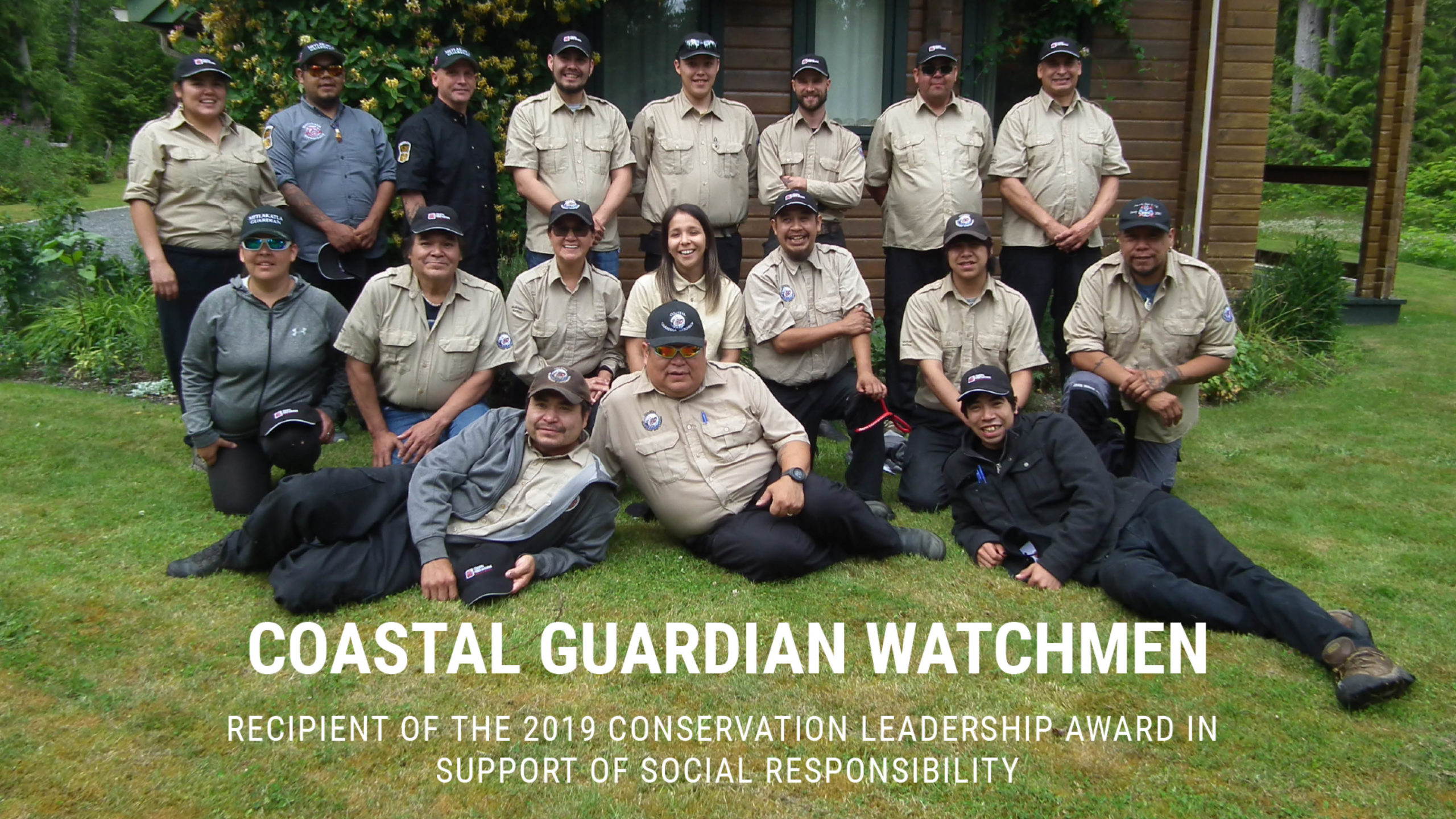
October 1st 1:00pm PST
Danielle Shaw
The Murray A. Newman Award for Significant Achievement in Aquatic Conservation was awarded to Danielle Shaw for her dedicated contributions to marine protected areas, integration frameworks reflecting Indigenous Ways of Knowing, sustainable policy and advocacy contributions, and leadership of the Wuikinuxv Nation. On October 1, Danielle will discuss her work in ecosystem based management in First Nations communities and how their practices have a responsibility to the marine and terrestrial environment, and the species who rely on those environments. We have a choice when it comes to how we manage and harvest our resources. We can either manage them based on human consumption and their dollar value, which can ultimately be harmful to our planet, or manage based on the species and their ecosystems, which can provide global benefits.
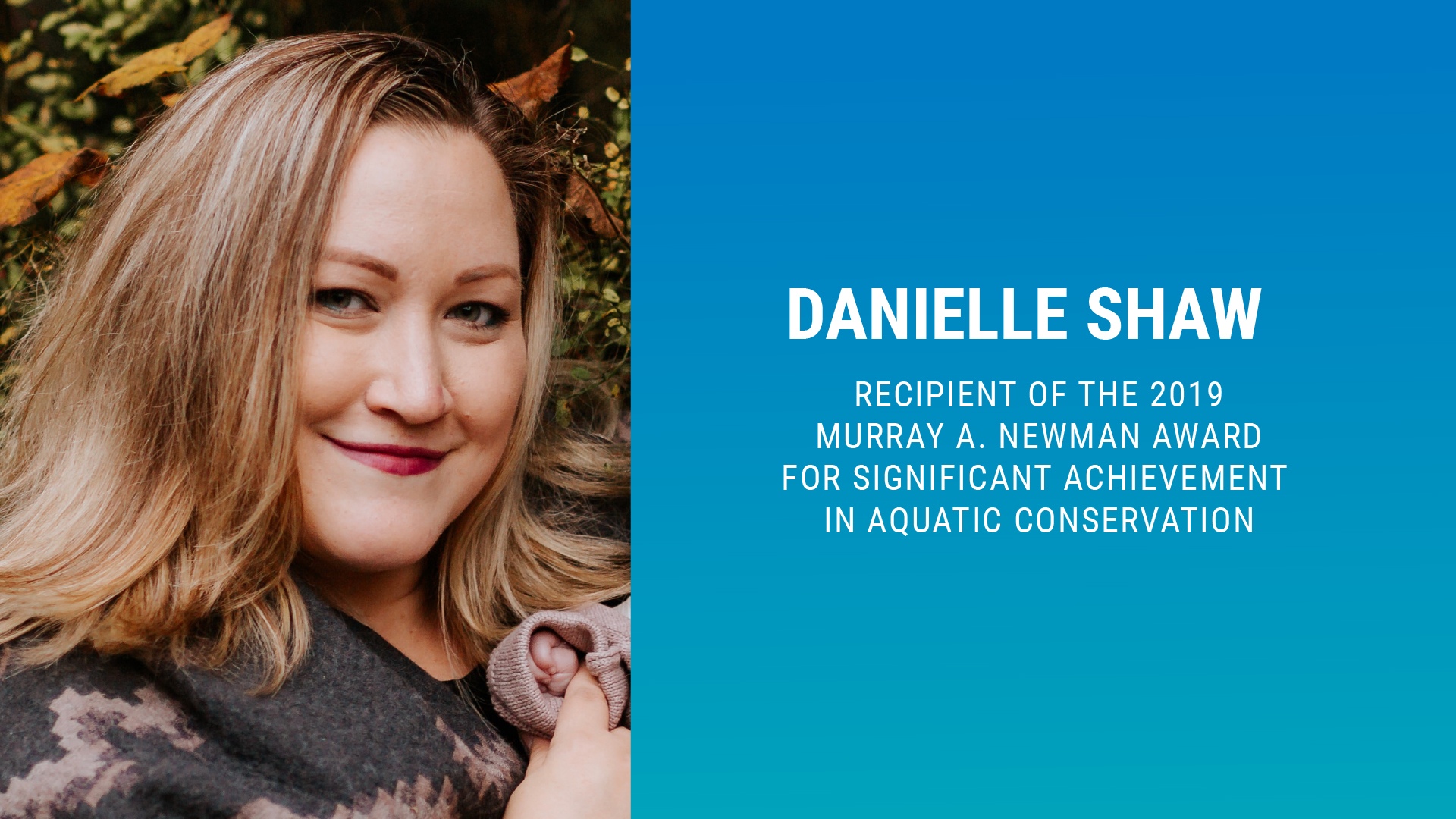
October 8th 1:00pm PST
Dr. Philippe Tortell
The 2019 Ocean Wise Murray A. Newman Award for Significant Achievement in Aquatic Research was awarded to Dr. Philippe Tortell for his contributions to ocean climate and biogeochemical research, and his commitment to public engagement on the urgent topic of climate change. The Arctic Ocean is currently undergoing large-scale transformation, with unprecedented warming, sea ice loss, altered circulation and biological distributions. Understanding the trajectory and future implications of these changes is of utmost importance to Canada and all other nations. We must therefore seek innovative ways to collect robust scientific information about the Arctic Ocean, while engaging meaningfully with northern communities and sharing knowledge in a culturally-appropriate ways. In this presentation, Dr. Philippe Tortell will discuss efforts to bridge ship-based oceanography, satellite remote sensing and computer models with local northern knowledge through the innovative social media app, SIKU. This new digital tool, developed by the Arctic Eider Society, provides a means of connecting state-of-the-art science with local communities in meaningful ways, while also encouraging local participation in knowledge creation. Such collaboration is critical if we are to fully understand the future evolution of the Arctic environment and its impact on human livelihood.
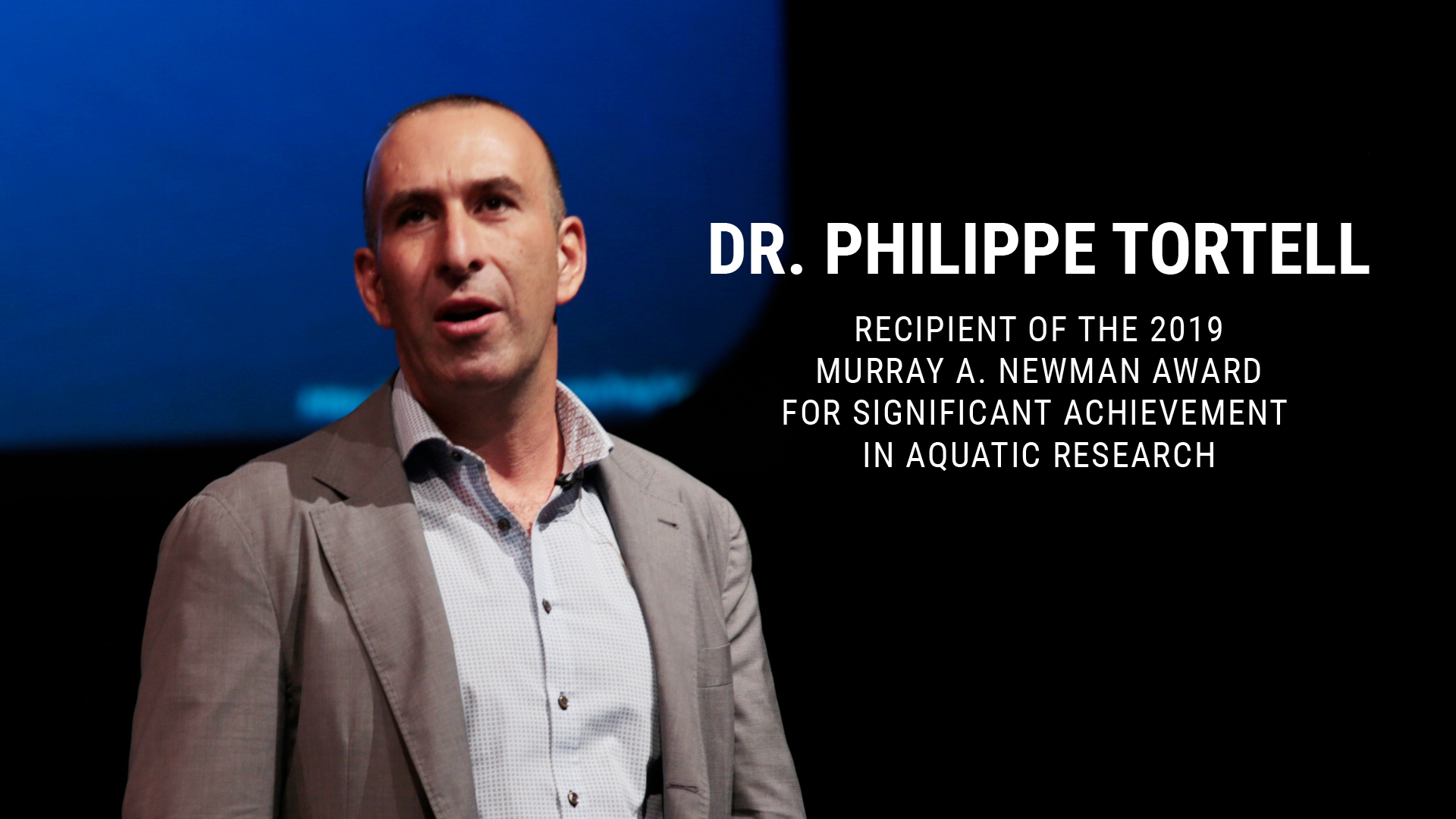
October 15th 1:00 pm PST
Dr. Brett Howard
The 2019 winner of the Michael A. Bigg Award for Student Research is Dr. Brett Howard for her thesis research on the ecological and economic impacts of invasive species in the coastal waters of British Columbia, and her work on planning for and mitigating future invasions. Although the invasive European green crab (Carcinus maenas) has been present in British Columbia since 1997/1998, the impact of this species on native ecosystems is just beginning to be understood. Green crabs are best known as highly efficient shellfish predators elsewhere in their invaded range, however recent research in BC has demonstrated that their greatest impact may be as ecosystem engineers. At high densities green crabs are capable of destroying eelgrass at alarming rates – a behaviour with potentially ecosystem-wide effects. This talk will the explore the specifics of that research, discuss what these impacts could mean for native species that rely on intertidal eelgrass, and outline new research that is helping to slow the continued spread of the European green crabs in BC and mitigate their impacts.
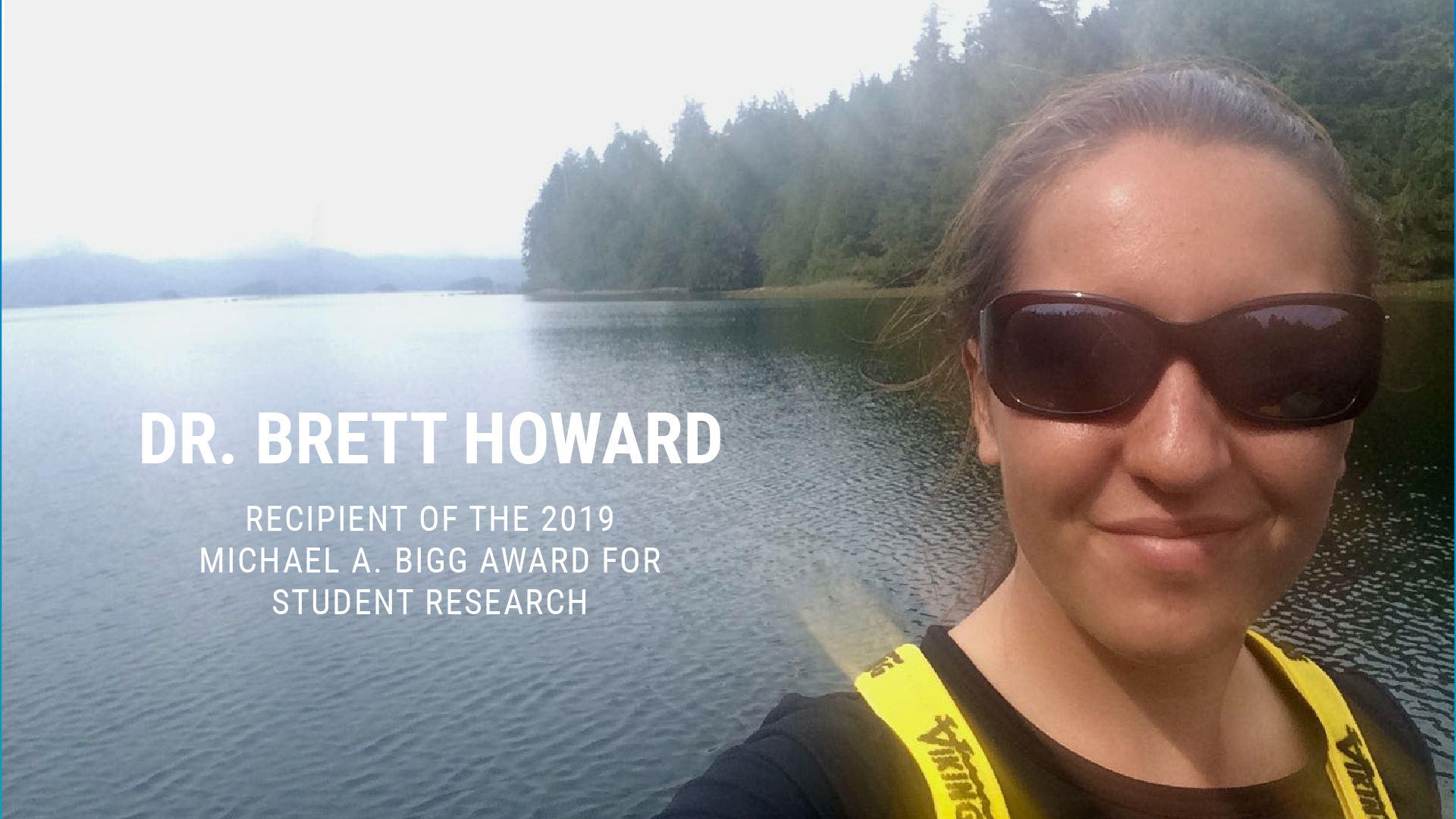
October 22nd 1:00 pm PST
Dr. Tom Dakin
The winner of the Award for Conservation Technology is Dr. Tom Dakin in recognition for his expert work on technological innovations in pursuit of a better understanding of underwater noise – a topic of current concern at the highest levels of government and shipping sectors around the world. Dr. Dakin speaks to a virtual audience on October 22. Sound is the most important sensing mechanism underwater for both marine fauna and humans, and humans have a massive effect on the underwater soundscape. Join Dr. Tom Dakin as he gives a brief description of the BC Coastwide Hydrophone Network, the impacts of underwater noise and some examples of BC’s underwater sounds.
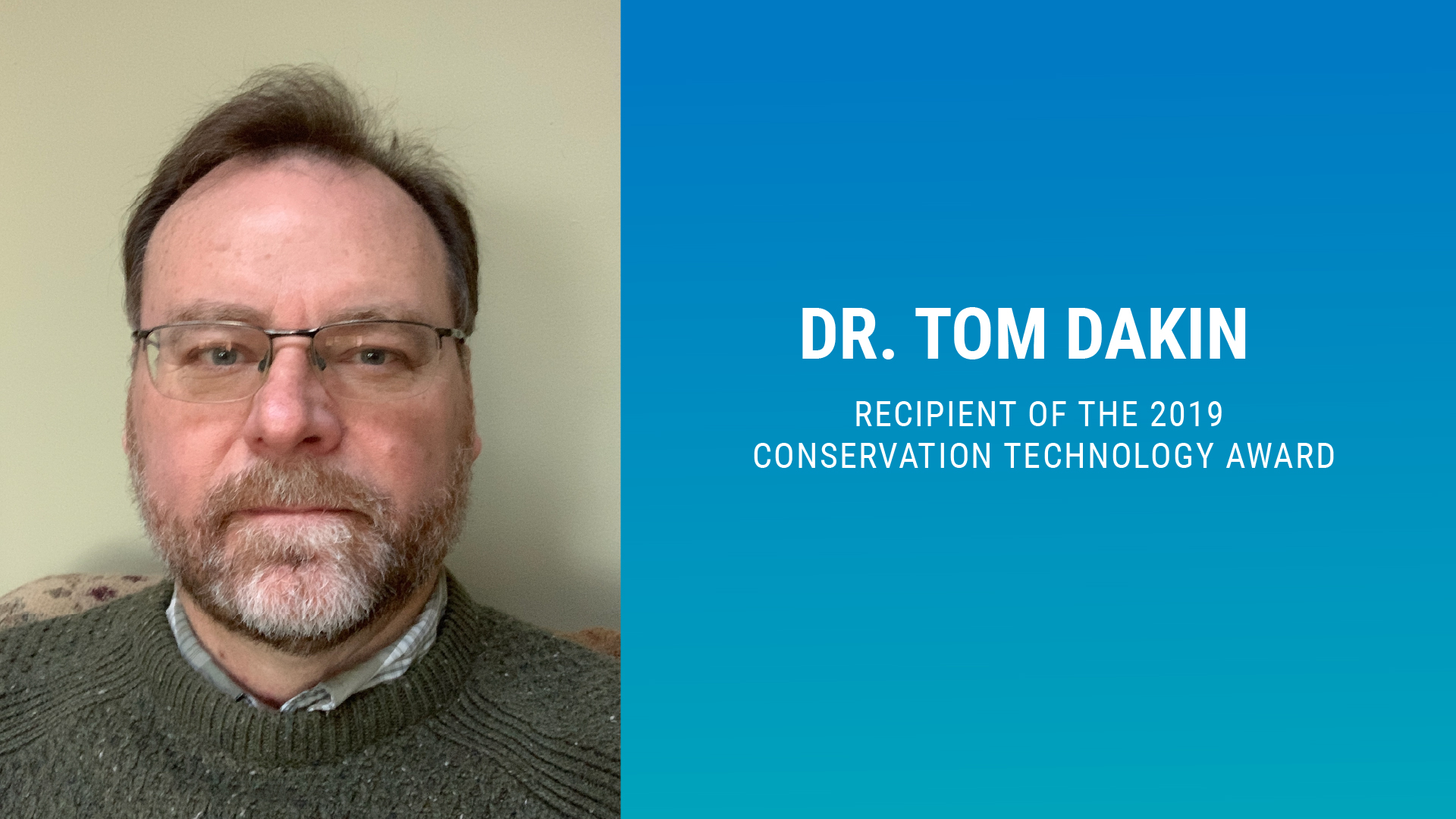
October 29th 1:00 pm PST
Dr. Alejandro Frid
The winner of Ocean Wise’s 2019 Conservation and Research Communication Award for his communications using a blend of western science and indigenous knowledge in the pursuit a more sustainable world, is Dr. Alejandro Frid. Dr. Frid’s work is exemplified by his latest book, Changing Tides: An Ecologists Journey to Make Peace with the Anthropocene. Fisheries and Oceans Canada aims to sustain yields for commercial fisheries. Though conservation-intended, this approach treats fish as commodities, allowing the exploitation of stocks that have already declined to unprecedented levels. Through growing recognition of First Nations’ as a level of government, we may be at the cusp of multiple opportunities to shift away from this narrow paradigm—towards more holistic fishery objectives that are grounded in Indigenous knowledge and ecology. Will we use such opportunities?
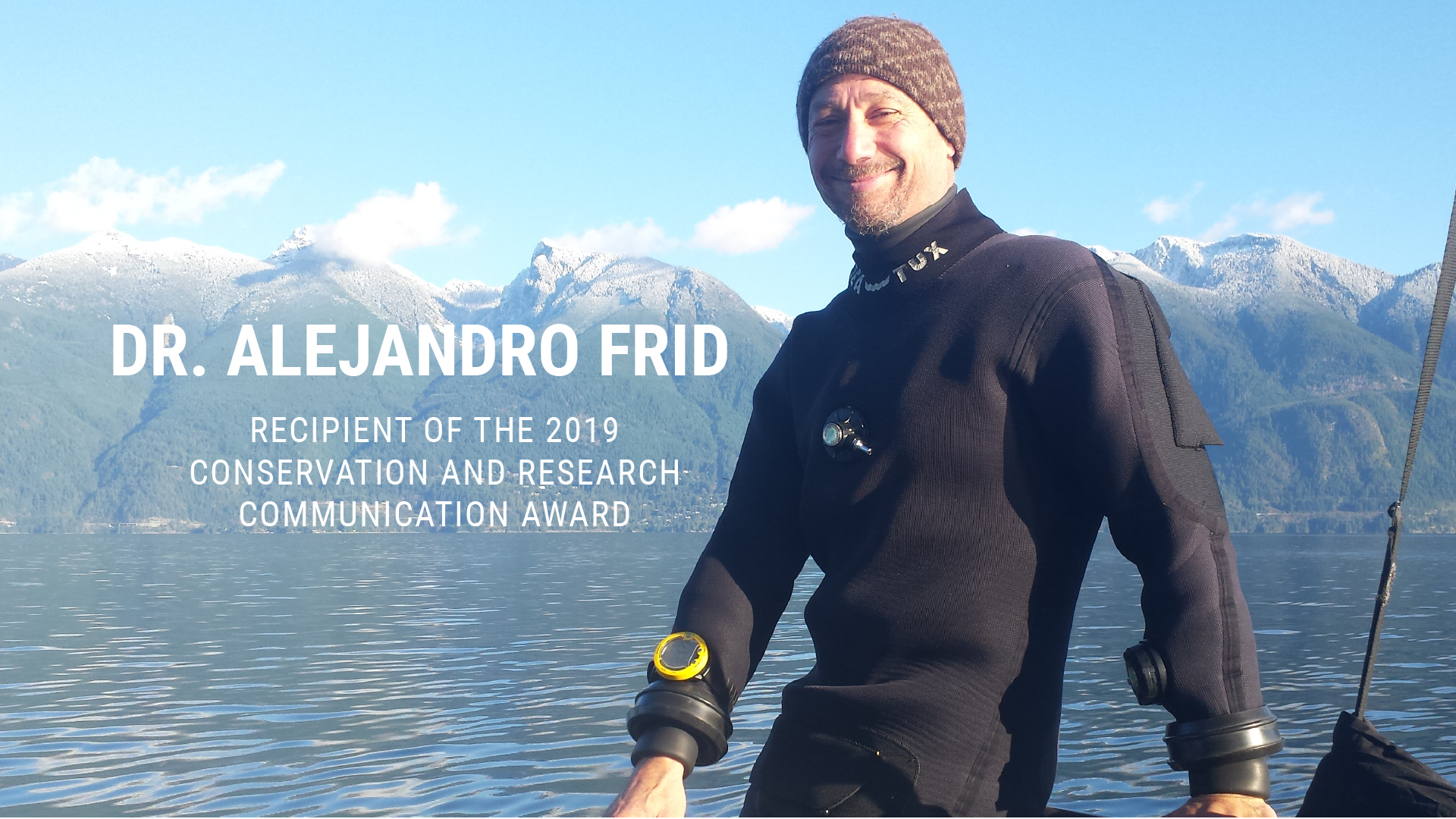
About The Ocean Awards
Founded in 1995 as a tribute to the Vancouver Aquarium’s founding director, Dr. Murray A. Newman, the Ocean Wise Research Institute’s Ocean Awards celebrate those at the forefront of ocean sciences and conservation, and their work through research, education, action, leadership and philanthropy. research.ocean.org
If you miss the live lectures, you can listen to the recordings on the Ocean Wise YouTube page.
Posted September 14, 2020 by Ocean Wise
